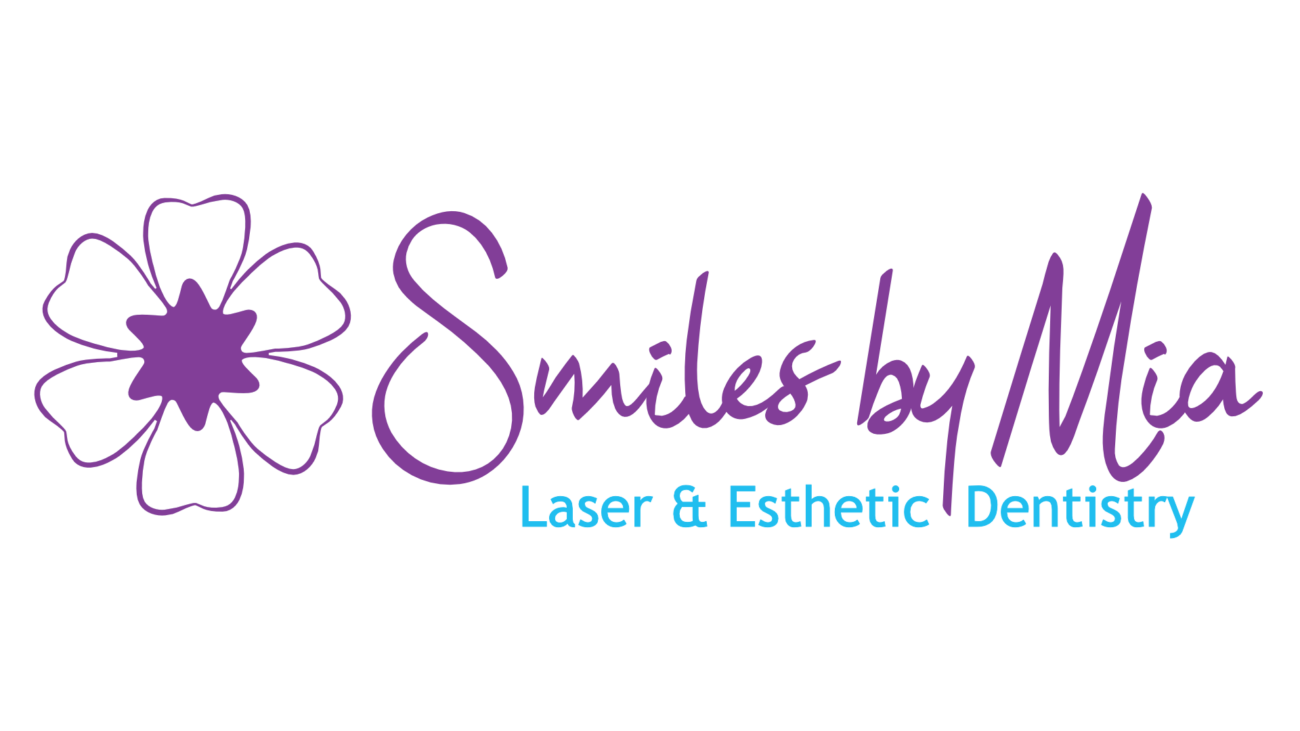Are you missing multiple missing teeth? Dentures are great dental restorations for patients with rows or arches of lost teeth. Partial dentures can restore multiple consecutive missing teeth. Full or complete dentures replace the upper and lower tooth arches. Although removable dentures are the traditional option, many more patients benefit from implant-secured dentures. Discover more about treatment with full and partial dentures in our Burke, VA dental office.
Snap-On Smile®
The Snap-On Smile is a long or short-term solution for patients who want to cover their upper and/or lower teeth. A Snap-On Smile is a custom-made resin tray that covers stained, crooked, damaged, and even shortened teeth. The Snap-On Smile snaps over patients’ existing teeth. Patients can also easily remove their Snap-On Smile to brush and floss their natural teeth.
Patients can choose the shade and shape of their Snap-On Smile. Then, we take images and impressions of the teeth. After several weeks, patients come back to our office so we can fit their new cosmetic restoration on their teeth.

Removable vs. Implant Dentures
Traditional dentures are removable. A removable denture consists of false teeth on a gum-colored base. Typically, patients use adhesive to glue the dentures to the gum tissue. However, these dentures can slip around the mouth. Additionally, patients with removable dentures cannot eat hard, sticky, or crunchy foods. While traditional dentures improve the smile’s appearance, it is difficult for patients to eat or speak properly with removable dentures.
Implant-secured dentures are a modern alternative to traditional dentures. Dental implants are small titanium posts that support restorations, from crowns to bridges and dentures. If patients have enough healthy bone tissue or are good candidates for bone grating, they can receive long-lasting implant dentures. Implant-supported dentures make it much easier for patients to eat and speak naturally because they fully support the smile’s function.
Denture Treatment in Burke, VA
Before treatment, we ensure that patients do not have tooth decay or gum disease. We also recommend bone grafting if patients need healthy jaw bone tissue to support their implants. To begin treatment, we take dental x-rays and scans of teeth to determine where to place the implants. Then, we take dental impressions and send them to a dental lab, where technicians create customized dentures.
An oral surgeon places the dental implants in the jaw bone. They place a temporary cap on the implants. The implant posts fuse with the jaw bone tissue over three to six months. After the implants heal and the permanent dentures are complete, we attach the denture to the implants.
Restore Missing Teeth Today
Do you have a removable denture but want a more secure restoration? Try implant-secured dentures. Schedule a dental consultation with our team on our website or call (571) 789-1265. Please let us know if you have questions about your candidacy for implant treatment. We are always happy to help.
